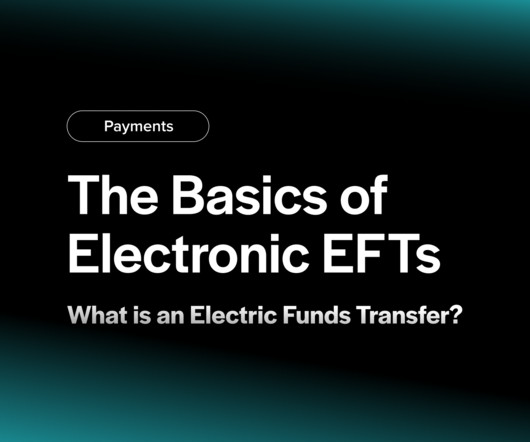Chargeback Rules: What Laws & Regulations Govern the Dispute Process?
Fi911
JANUARY 4, 2024
What do banks need to know about the chargeback legislation process? We will provide insight into how these regulations differ between card schemes, and help financial institutions to better understand the dispute process from all sides. It was a response to emerging technologies like ATMs, electronic POS terminals, and remote banking.












Let's personalize your content